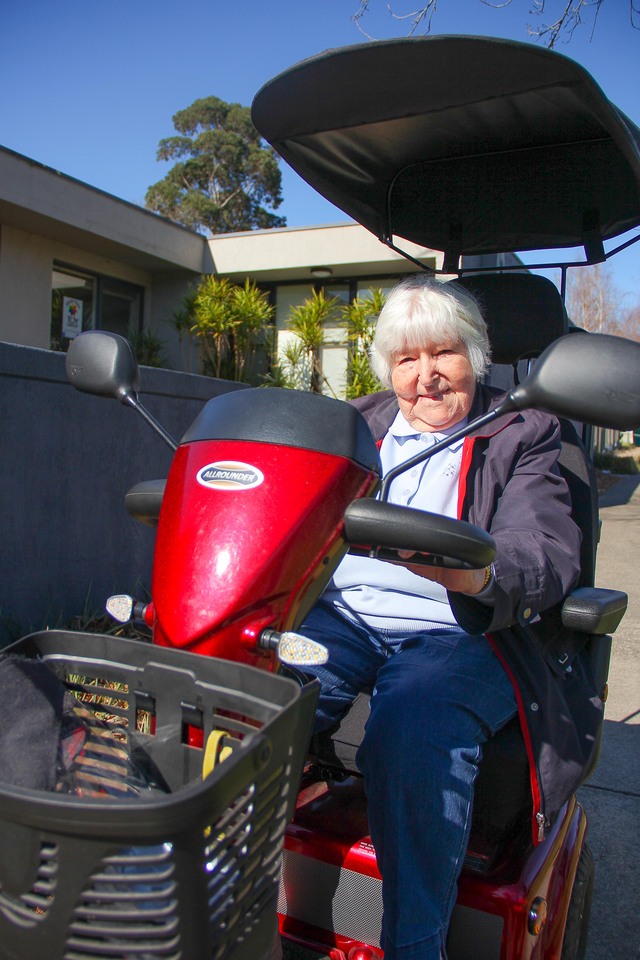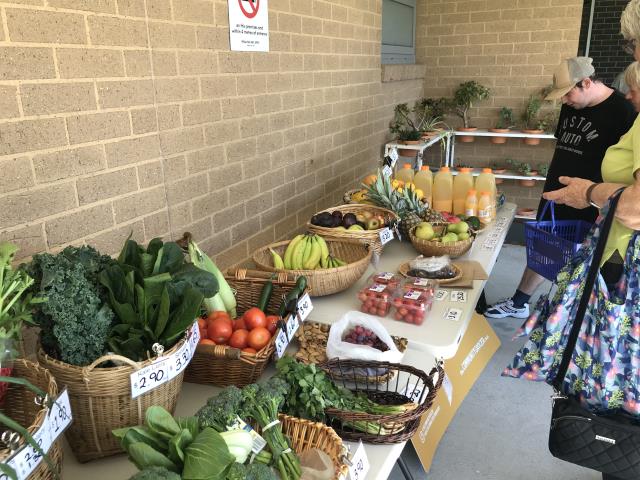When it comes to organising Christmas, New Years and/or holiday plans, it can be easy to become overwhelmed.
While the festive season comes with expectations of fun family get-togethers, the reality can be entirely different.
It’s important for Yarra Valley residents to be aware of signs of stress. This includes being irritable, short-tempered, experiencing headaches or an upset stomach, difficulties sleeping, tension in your jaw or shoulders, lack of concentration, and fatigue or extreme tiredness.
Here are some great tips from Relationships Australia Victoria to help manage stress through the holiday season:
Organise yourself: Schedule time for exercise, relaxation, cooking and eating meals, and plan to complete certain tasks on certain days. These routines can be reassuring as they make life more predictable. Also plan time for the additional things you need to do, such as gift shopping and wrapping, and catch-ups.
Have reasonable expectations: Re-evaluate what you can reasonably get done before the holiday. This might mean deferring a catch-up, minimising the amount of cooking you might do, or asking family members for help.
Give yourself positive feedback: Tell yourself that you can cope, and that you will complete the things you need to do to the best of your ability. Avoid negative self-talk, including statements such as ‘I can’t do this’, or ‘I can’t cope with this.’
Connect with people you care about: Spend time with friends and loved ones who will listen to and understand you. Share your thoughts and feelings with people who care about you and may be able to support you. If you’re physically distanced from loved ones, try reaching out over the phone or online, or joining a social group in your local area.
Take time out: Regularly do something that is just for you. This might involve going for a short walk, listening to music, having a coffee at a café or at home, watching TV, reading, napping, talking to a friend, having a special treat or gardening.
Practice relaxation: Try meditation, progressive muscle relaxation or yoga to take your mind off your stress.
Exercise: Exercise can have a positive effect on your emotional health and wellbeing. Try to exercise for at least 15 to 30 minutes, three days per week. If you’re finding this difficult, aim for a daily 10-minute walk.
Eat a balanced diet: It can be tempting to indulge during the holidays. Try to maintain a healthy diet by including lots of fruits and vegetables. Also try to minimise foods high in fat and sugar, and avoid depending on cigarettes, alcohol or drugs to cope with stress.
Rest: Aim for 7-9 hours of sleep each night. Rest your eyes as well as your mind, particularly when spending time looking at computer screens or smart devices.
If you need support, talk to your GP or seek support from a counsellor. You can find a counsellor by visiting www.rav.org.au/counselling
For crisis support, call Lifeline on 13 11 14. You can also find mental health support services open over the holiday period by visiting www.rav.org.au/resources/mental-health-services







